Moving to Cyprus is a dream come true for many people.
Picturesque landscapes, mild climate, relaxed pace of life seem to be ideal conditions. However, life on the island has its own peculiarities to which you need to adapt. And it is not always possible to do so quickly. I'll be honest, having lived in Cyprus for five years now, I sometimes feel that I'm still adjusting. However, I do have some experience, so I would like to share my observations with you, which I hope will help you get used to the island more quickly and avoid possible difficulties.
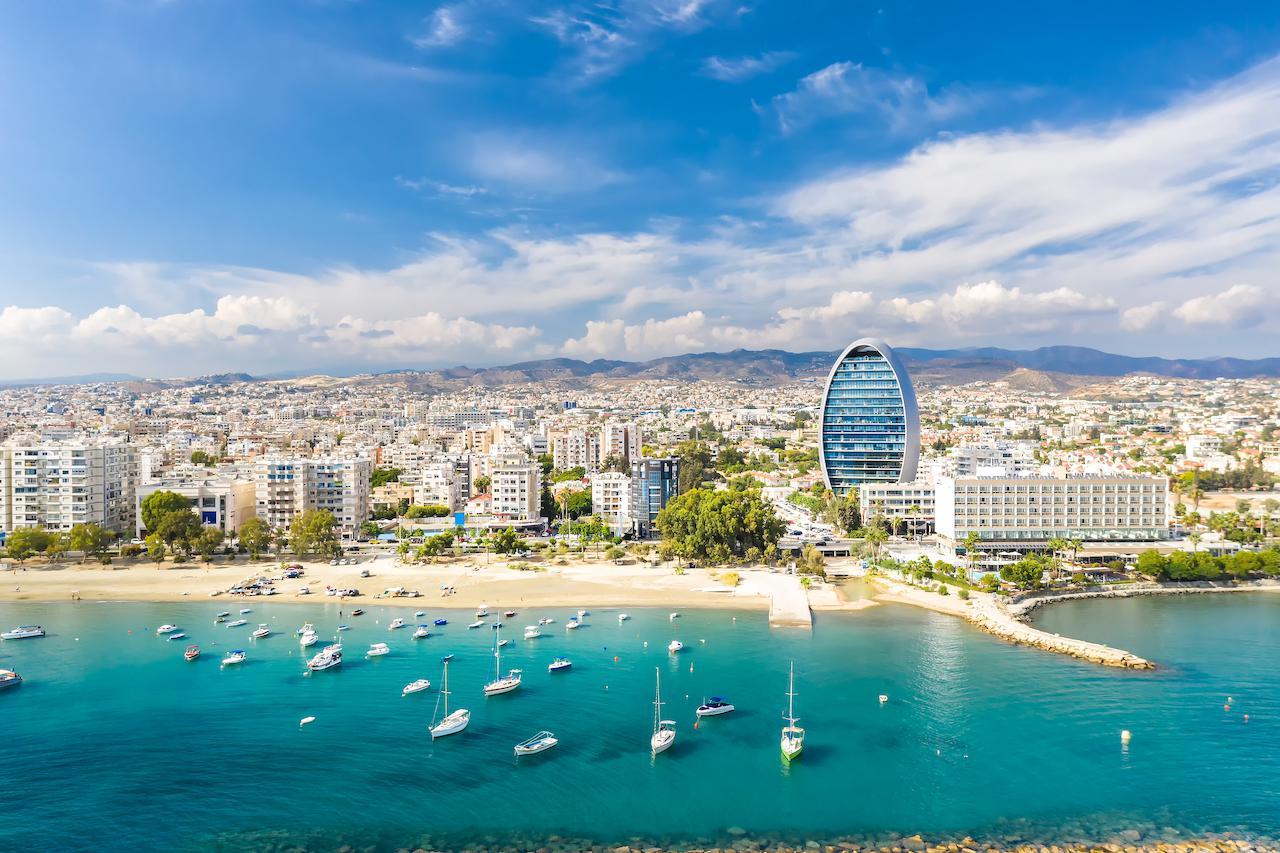
Stages of adjustment in Cyprus
In the fifties of the last century, the American cultural anthropologist Kalervo Oberg introduced the concept of 'culture shock' and identified four stages in the mechanism of adaptation to a new country. A lot of time has passed since then, but his theory is still very relevant. True, with some reservations. Today, the speed at which people move through the stages of adaptation is very individual and depends on many factors. Moving to another country can be a happy ticket to a new life, or it can plunge you into stress from which it will be difficult to get out.
Based on my personal experience, I would divide the process of adapting to the island into three stages. Let's call them: 'honeymoon' or the stage of euphoria, disappointment or the stage of depression, recovery or the stage of lapping.
- The first stage. A person who has moved to Cyprus initially either likes everything or nothing here. If you are among the first, your feelings will be like an extended holiday: people are friendlier here, the food is tastier, the air is cleaner, the laws are better. Almost all migrants experience a brief period of bliss and pleasant excitement in the first few months after moving. On average, it lasts about two months. During this time, a person gains new experiences, spends savings, gets acquainted with the culture of Cyprus, attracts the attention and interest of the locals.
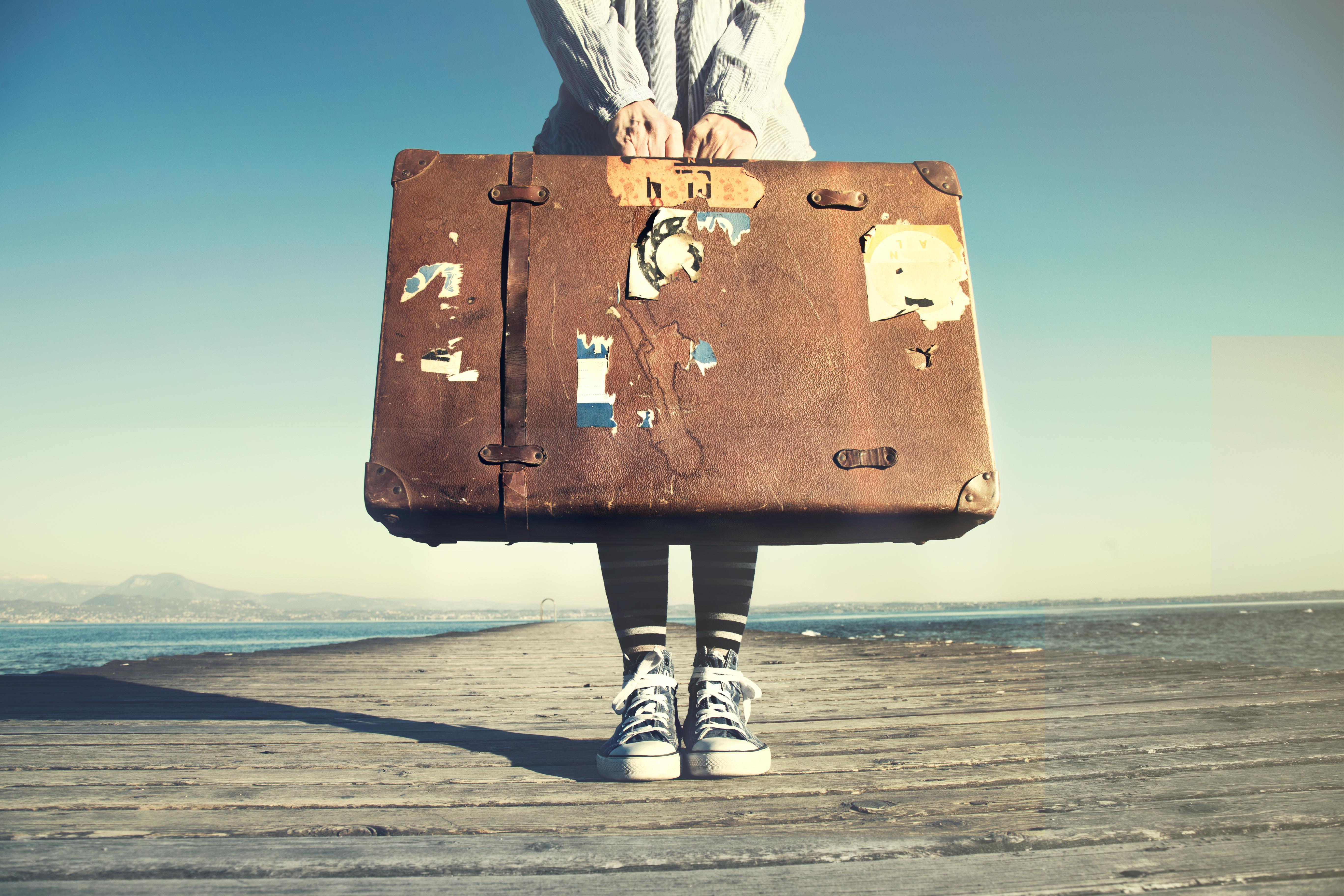
- The second stage. Then comes perhaps the most difficult period - disappointment. The fleeting sense of euphoria soon collides with the harsh reality that immigration is not tourism: the rules of life change, there are new and not fully learned responsibilities and difficulties in meeting basic needs. You encounter a different culture and feel like an outsider. Even the simplest actions become complicated. It takes a lot of time to deal with domestic issues. He becomes homesick and lonely, misses his friends and family, feels insecure and embarrassed by his lack of knowledge of Greek or English. For many, this stage is so unbearable that they make the difficult decision to return home. During this time, friends, the most important thing is not to withdraw into yourself, but to move towards your goal, according to the plan you have outlined. After all, isn't that why you moved to Cyprus in the first place?
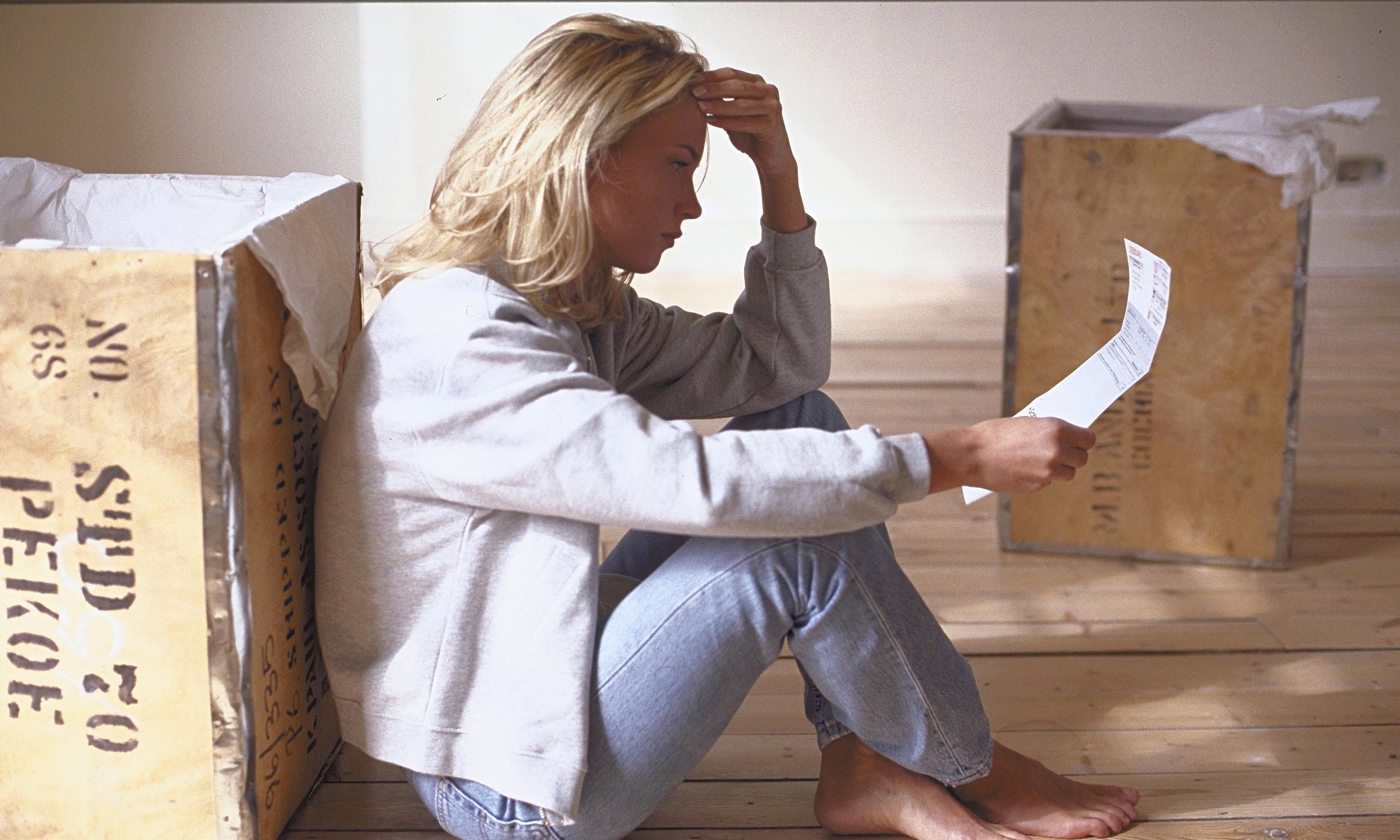
- Stage Three. If you have passed the first two stages, congratulations. Now comes the stage of acceptance. At this stage, the emigrant begins to look at the new country from a more sober and realistic point of view. Illusions and idealisation give way to an objective assessment: a person is well aware of the advantages and disadvantages of living in a new place. The daily routine no longer causes unpleasant feelings, the positive aspects of the new country become apparent and the reasons for the move become clearer. As a result, the migrant's self-esteem begins to grow, thanks to the simultaneous understanding of two cultures and knowledge of two languages. And when the migrant learns to appreciate both the country he or she has moved to and his or her position in the new coordinate system, the long-awaited stage of acceptance will bring a sense of satisfaction. So-called bioculturalism comes into play.

What can be done to speed up adaptation in Cyprus?
There is no way to speed up the adaptation process - the stages, including the difficult period of disappointment, must be completed. The psyche itself determines how long it takes to get used to new conditions. However, you can make this process as pleasant as possible and reduce the level of stress. To do this, it is important to follow a few simple recommendations.
Get used to the local culture and pace of life
The people of Cyprus tend to have a more relaxed and leisurely way of life. An important part of the island is the 'siesta' - the lunch break between 13:00 and 16:00, when many shops and establishments are closed. My advice to you: don't try to speed up the locals - get into their rhythm. This will reduce your stress and help you build relationships with others.
Learn the basics of the local language
Although many people in Cyprus speak English, knowing some Greek is not unreasonable and will make your life much easier. For example, it will help you communicate with the locals and understand everyday life. Learn basic phrases: greetings, thanks, basic questions. Take a language course or use mobile apps to learn the language.

Consider the climate
The climate in Cyprus may be unfamiliar to a foreigner from somewhere in Siberia. Summers are hot and humid and winters are mild but windy. Be prepared for the heat: use sunscreen, wear a hat and drink plenty of water. Houses do not have central heating, so insulate yourself for the winter. Buy fluffy pajamas and warm slippers. Better still, buy or rent a new apartment rather than an old house.
Calculate your costs
Living in Cyprus can be more expensive than you think. Food, utilities and transport are relatively expensive, especially in tourist areas. Find out where you can buy fresh and inexpensive food (e.g. local markets). Budget seasonally: prices for accommodation and services may increase during the tourist season.

Make new friends
Cypriots are a very sociable people. You can make new friends at festivals, conferences, concerts and even in cafes. Join expat groups on social media to find like-minded people. But be aware that if you sit quietly in a corner and keep a low profile, people are unlikely to notice that you want to meet and socialise. Don't miss the opportunity to strike up a conversation, project positivity and be natural. Don't forget that people can smell fakery and bad acting, and few people want to talk to an 'actor without an Oscar'.
Be prepared for limited choice
Cyprus may have a limited range of goods, especially electronics, clothing or certain foods. If you don't have what you need, you can order online. However, be aware of delivery times - they can be longer than on the mainland. As a last resort, embrace minimalism: use what's available and enjoy the simplicity of life.
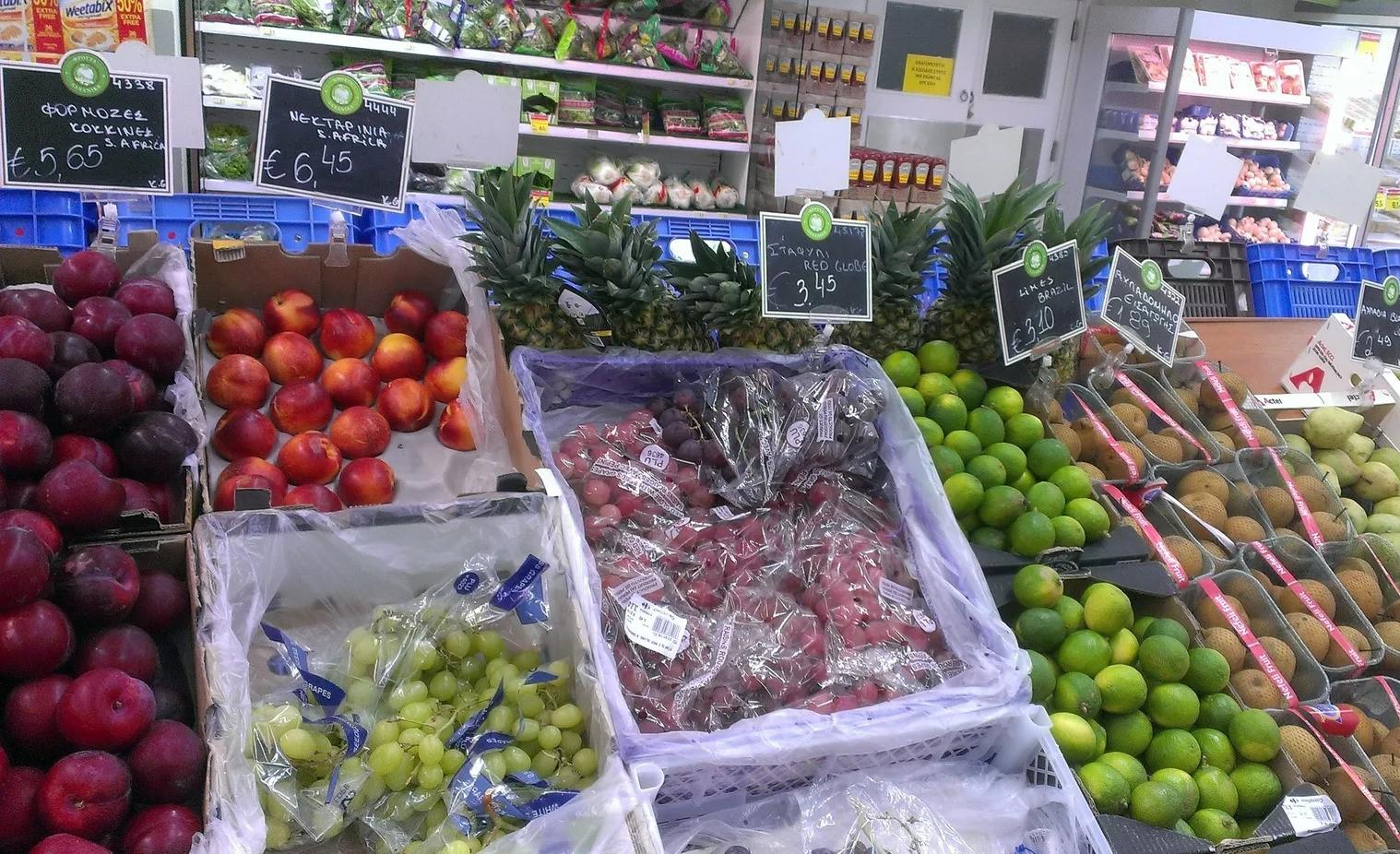
Get to know local transport or get a car
Public transport in Cyprus is not as well developed as in mainland cities. Buses do not run regularly and many people prefer to have their own car. Do not lag behind others and think about buying a car. But before you do, it is not superfluous to study the peculiarities of driving on the island. For example, Cyprus is a left-hand drive country. If a car is still out of the question, study the local transport timetables and find the best routes.
Plan your mainland holiday in advance
Life in Cyprus can be monotonous, especially if you are used to living in a big city. However, you can change things up with regular flights to the mainland. There are two airports on the island from which planes depart for destinations all over Europe. If you book well in advance, you can get tickets for as little as 10-20 euros.
Learn to enjoy island life
The most important tip is to embrace the uniqueness of island life. It's often an opportunity to slow down, spend more time in nature and enjoy the highlights. Find your favourite beaches, walking trails or cosy cafes in Cyprus. Learn to appreciate the little things: beautiful sunsets, the scent of the sea, the warm atmosphere.
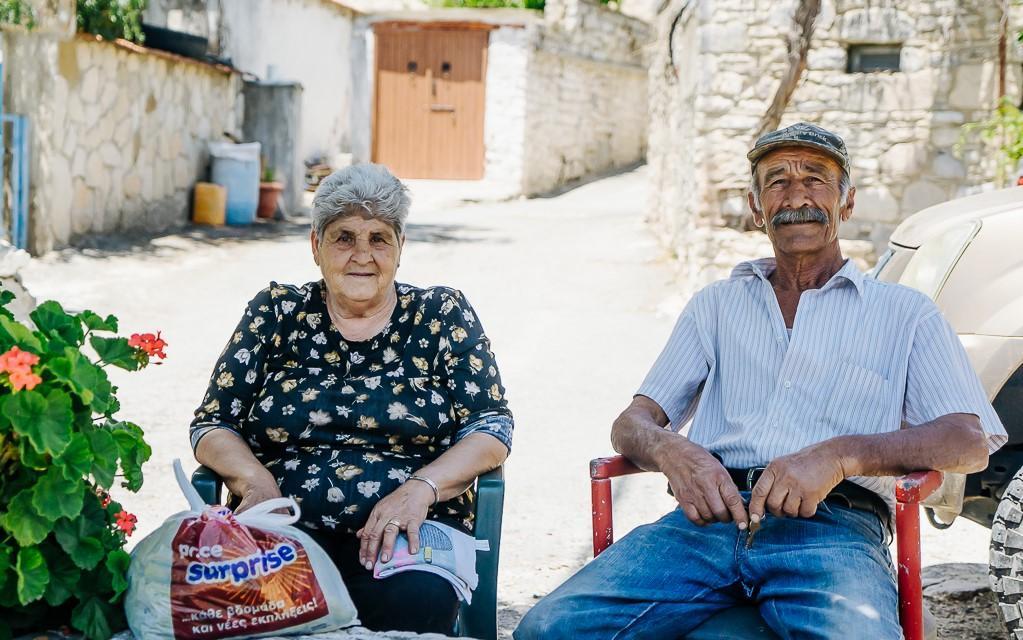
Adjusting to life in Cyprus is an exciting process that takes time and an open mind. If you follow my advice, you will not only find it easier to cope with difficulties, but you will also learn to enjoy all the benefits of island life. Living in beautiful Cyprus is a special experience that allows you to feel in harmony with nature and yourself.
Read also:

